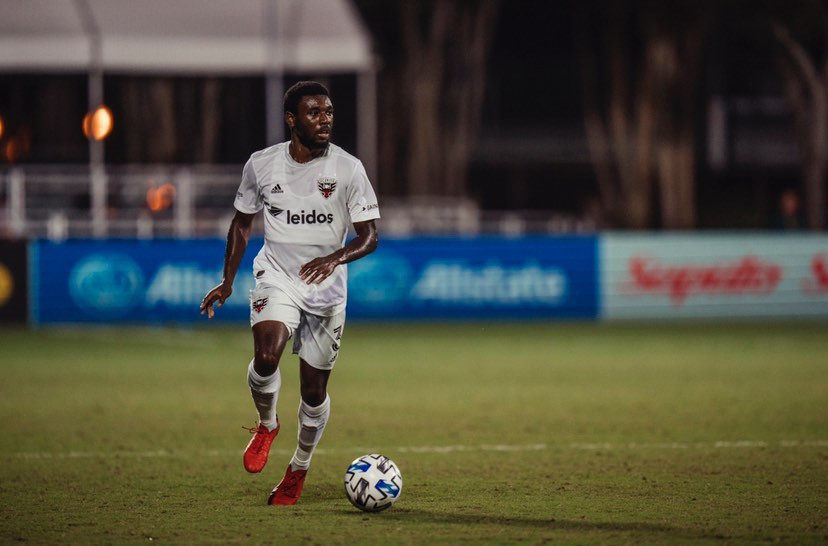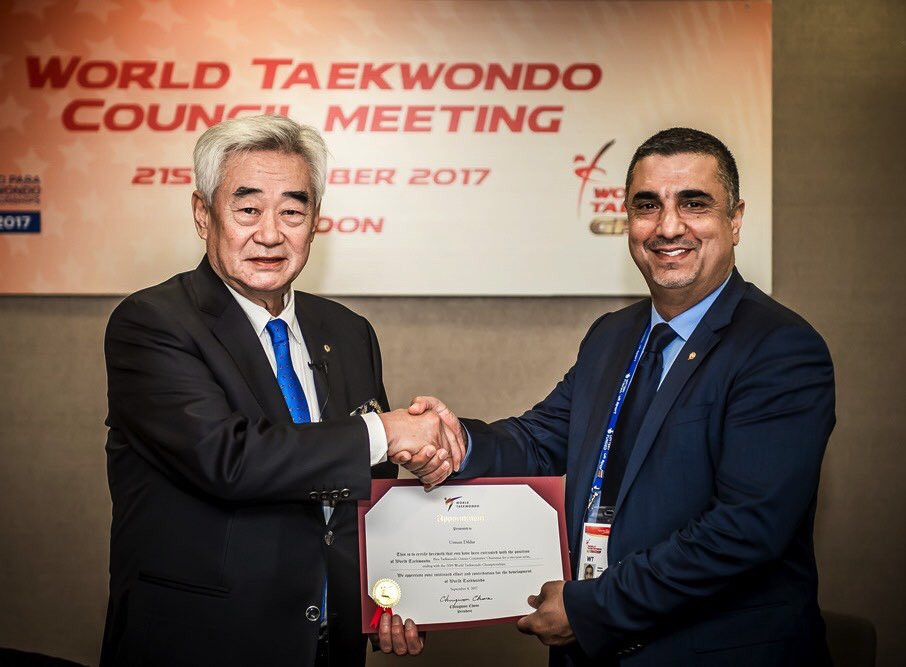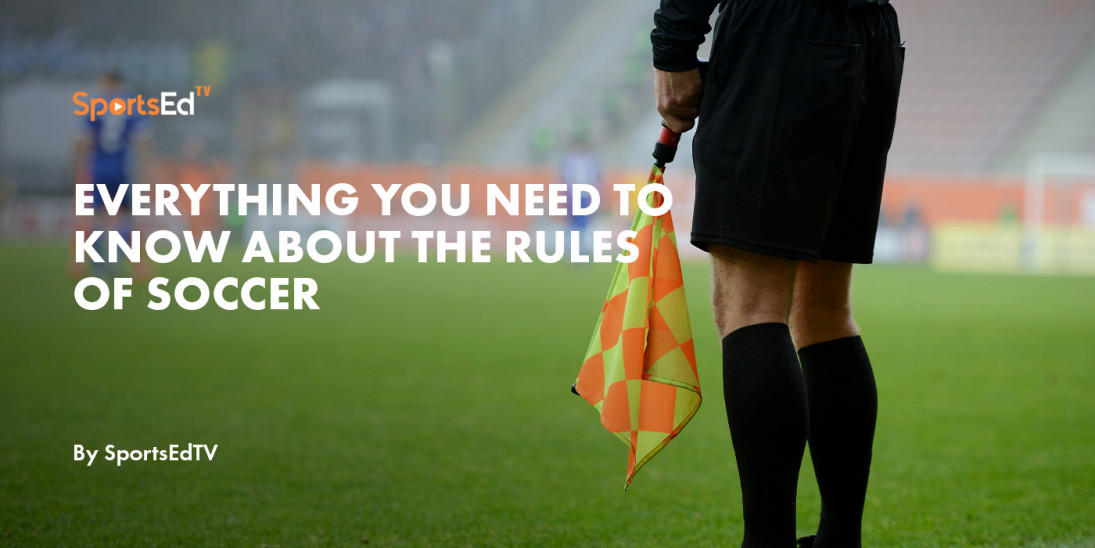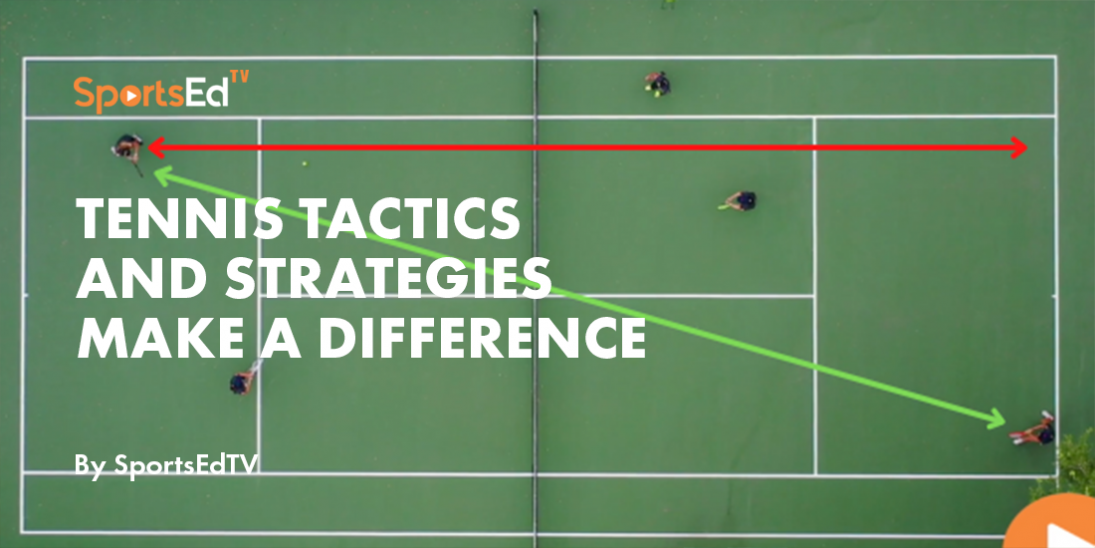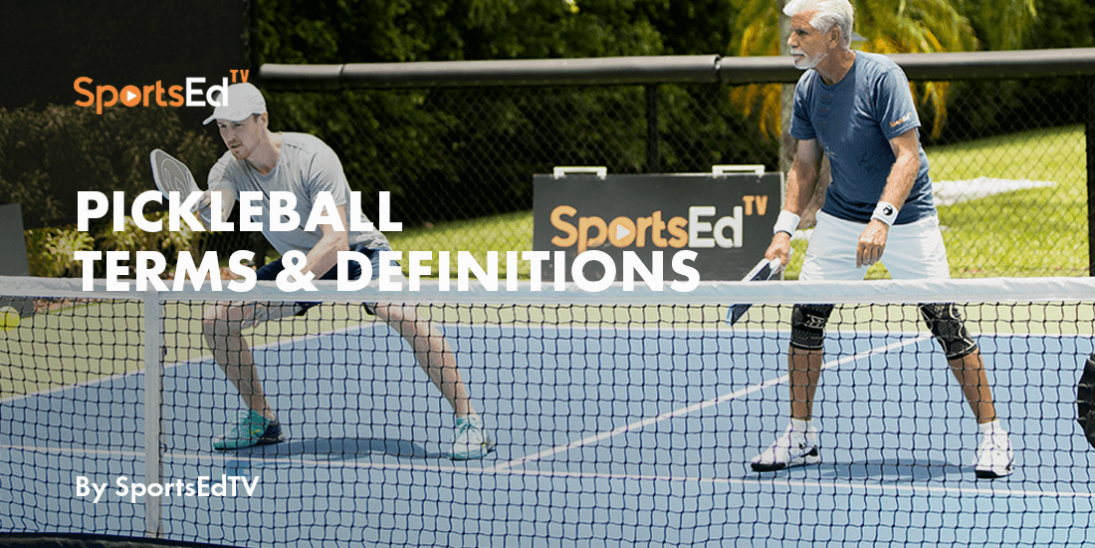Soccer
Welcome and thanks for visiting...

FULL-TIME: D.C. UNITED’S CHRIS ODOI-ATSEM TALKS TO SPORTSEDTV - PART 2
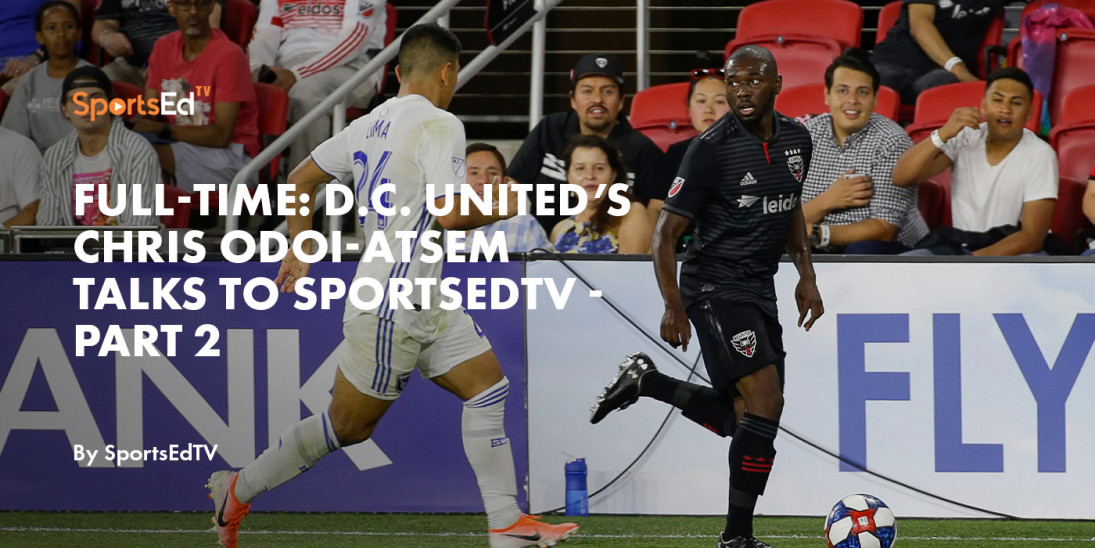
SportsEdTV Soccer is committed to bringing athletes, coaches, and parents pro-level Soccer education videos for FREE. All levels, anywhere, anytime. Check out our full instructional library and sign up to join our Soccer community!
Chris Odoi-Atsem’s career was on the rise in 2017. He had just broken into the D.C. United team and was putting in eye-catching performances in the league. His agility, pace, and power in defense and attack won him international admiration. The Ghana National team was ready to call him up for his first international cap. Unfortunately, he was diagnosed with a rare form of cancer, Hodgkin's Lymphoma, and that put his career on hold. At such a young age, his journey to recovery is nothing short of inspirational. In this two-part blog series, Chris sat down with SportsEd TV to talk about his journey, recovery, family, and his future.
SportsEdTV:â Did you train during your recovery, and how important was your support system?
Chris:â It was actually getting into the offseason when I got diagnosed, but I tried to stay in shape as much as I could, and that's what the doctors recommended. It also just felt good for me to still be active because the days where I was in bed all day, I wasn't going to feel great about myself. So I would try to run on the treadmill, elliptical machine, lift weights, get touches on the ball, and things like that. The team wasn't having any real team training sessions so I wasn't missing out on that. Seeing other people's stories was big for me. There are a couple of NFL players who had the same cancer that I did. One is Eric Barry, and the other is James Connor. They're both in the NFL now, but they had gone through the same thing. I would watch their videos and their articles on how they went about it. It definitely provided a lot of encouragement to see them go through something like that, and still get back to the top of their game. I had a realization that me going through it, I could possibly have that impact on someone else who might be going through something like it after me. So how I handled it the way I did, just being positive through it all and having the focus that I could get back to the top of my game, was definitely from seeing other people's stories. I talked to a few other people who had gone through cancer and things like that, and they gave me great pointers because you get a lot of messages from a lot of people when you get diagnosed, but it's a little bit different when you hear from someone who's gone through something similar. So definitely hearing those stories, talking to those type of people, helped a lot. â My support system was huge. I tell everybody that now, especially kids who are going through a similar situation. You have to lean on your support system, your family, your friends, whoever. In my case, I also had to lean on my team for some things. And it just goes a long way because cancer, sickness, disease, these are things that you can't go through on your own. You need your help. There's going to be days where you're tired and it's going to be hard for you to fight, and that's when your support system can fight for you. Me at the time, I was a very prideful guy who didn't like to ask for much help or anything like that, but you definitely do need it and it goes such a long way. So I really emphasize leaning on the people who are there for you and who love you because they are more than willing to help. I leaned on a lot of people like that, and I’ll always appreciate them for it.

SportsEd TV:â Did this experience change anything in terms of your diet and nutrition? And how does your mental and physical health now compare?
Chris:â It's definitely changed me in every aspect of my life, both on and off the field. I would even say more so off the field. It had a huge impact on my lifestyle. I don't know the exact reason I got sick, but I've always felt that it could have been associated with my lifestyle and certain things I was doing that probably weren't the best for me at the time. So I've really tried to change things to live a healthier lifestyle since then. Everything I do, what I consume, how I spend my free time, I've changed all of it. I've been on a vegan diet for almost a year now. Emotionally, mentally, physically, I just feel like a better person. That's why I look back on my journey now and the cancer battle that I had, and I look at it as a positive. I wouldn't change it for anything because I learned so many lessons. I would have never been able to get to the person I am today had I not gone through it, and that's the way I look at everything in my life now. If something doesn't go my way, I don't dwell on it too much because I know it's something that I can grow from, that I can learn from, and that I can get better from. If I make a mistake now, I can avoid a bigger mistake in the future. That's my mindset now. I think it's better for me that way. I'm just immensely in a better place. My favorite quote right now is, 'Everything happening to you is happening for you', and that's the way I live my life. Everything is happening for me to grow, to become a better person, to learn, and so on.
SportsEd TV: âFor young players who aspire to become professionals, how important have your routine and discipline played a role in who you are today?
Chris:â Discipline is key. It’s even more important once you get to the professional level. When you're young you have your parents and coaches looking over you making sure you're doing the right things, or in college you have your coach on you, and an academic advisor making sure you're going to class and things like that. When you get to the pro level, you're on your own and you're making your own choices. No one's really bearing over you making sure you're doing the right things, so you have to make sure that you're showing up and performing every day. That's when you have got to figure out what's best for you. There are people there in place to help you come up with a plan, but ultimately it's up to you. Even if you have a diet plan, you're at home after 2:00 p.m. and you have the rest of the day, and there might be days when you don't want to cook, but would rather order a big pizza or something like that which is not best for you because you have a game in two days. You need to have that discipline to say, 'No I'm not going to do that. I'm going to go with a healthier option because I know it's going to be best for me to play 90 minutes in a couple of days.’ So discipline is key, and as you go up in levels it only becomes more important.

SportsEd TV:â Now that you have an extended run in the team, what personal goals and aspirations do you have coming up for the future? Where do you see yourself in a year or two?
Chris:â The big thing for me this year was just trying to stay healthy. In my previous years I had trouble with injuries and then being sick with cancer, so coming into this season I just wanted to be healthy and available as an option all year for the team. I have pretty much done that. I picked up a quad strain and was out two weeks, but other than that I've been healthy and available the whole season. I’ve been able to get a lot of game time in, whether as a sub or getting starts, and that's been great for me. Our team hasn't done that well, but for me personally, it's been fairly positive. I think I've performed decently in the time that I have been given. So I want to build on that now, and hopefully, next year, whether I'm still with the team or somewhere else, I just want to continue that trajectory of going upwards. I think I have really good potential in this league and maybe beyond, so hopefully I can keep it going and trending in the right direction because I do see myself as being one of the better right-backs in the league. I just need to stay healthy, stay consistent, and keep improving my game.
SportsEd TV:â What advice do you have for any young athletes who are going through or may go through an injury or an illness like you endured?
Chrisâ: One big thing is, as I said earlier, your support staff. That's so key and crucial and I can't emphasize that enough. Another is staying positive. It's easy to get down on yourself if things aren't going your way. You might get an injury and you're going to be out for a long period of time. It is hard, but you have to stay positive and have the faith that you can get back to where you want to be. Just having the belief that in the end, you're going to come out better and stronger from going through this injury, it's going to make you tougher. I look at everything as a learning experience now. Some lessons are harder than others, but the fact that you have to get through it, having a positive belief that you can, and leaning on your support staff, these things keep you going.

